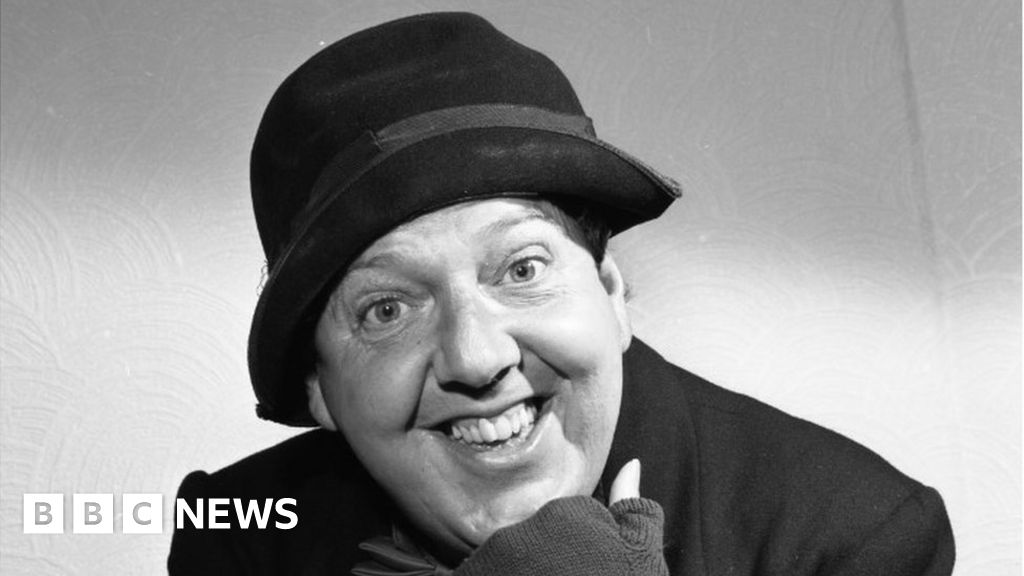

You see, anyone outside of clergy members who the Queen bestows the grade of Knight or Dame in any of the aforementioned Orders can, if they so wish, use the title Sir or Dame (or, again, in the case of The Order of the Garter or Thistle, Lady) in their day-to-dealings. This all brings us around to pretty much the only real, tangible benefit conferred upon people given such an honor- a title. As you may have surmised from that, this one is only bestowed upon men. Then there’s the honor Knight Bachelor (which is basically a knighthood where the person isn’t admitted to any specific Order mentioned previously) which has a single grade, Knight. It should also be noted that some grades, such as being a Companion in the Order of Bath, do not allow the individual to use such accolades as Sir or Dame. In any event, for the most part every Order of Knighthood has several “grades” roughly comparable to military rankings with higher grades being considered more prestigious in nature- the exceptions to this being the Order of the Garter and The Order of the Thistle, both of which have only a single grade, Knight or Lady depending on the gender of the person being given the award. On that subject, it’s here that we at TodayIFoundOut would like to note that neither Simon Whistler, our famed British YouTube host, nor the co-author of this script, the just as British but with a much less posh accent Karl Smallwood of Fact Fiend fame has yet been knighted, despite for years tirelessly working to get the masses interested in learning stuff, which is good for society in general, right? Again, apparently the Queen takes suggestions from the general public… Just saying… Any knighting ceremony involving Karl Smallwood is almost guaranteed to be hilarious if nothing else. For the curious, it is not possible to nominate yourself for a knighthood, though services exist that will petition for one on your behalf, for a fee. In addition, members of the public can nominate anyone they feel is deserving of a knighthood or specific honor by contacting the relevant authority and providing a detailed account of that person’s individual achievements. However, there is only one honor noted to be given entirely at “the Queen’s own will” – The Royal Victorian Order – with all other appointments typically being made at the suggestion of specific government officials or Royal advisers (though, as mentioned, the Queen can ignore any such suggestions at her own discretion because, well, she is the Queen). That said, the Queen is under no obligation to appoint individuals to any specific order and as “The Fount of Honour”, she is considered the ultimate authority in these matters. For example, the Queen usually appoints members of the Military or Civil Service to the Order of Bath, while people who perform valuable work in regards to foreign relations will (usually) be appointed to the The Order of St Michael and St George.īy far the most well known order though is the seemingly Bill and Ted named “Most Excellent Order of the British Empire,” often shortened simply to The Order of the British Empire, which has no specific criteria for appointment and is generally the order members of the public will be appointed to.

To begin with, it’s important to first understand that there are several so-called “Orders of Knighthood” the Queen can appoint a person to, with what exactly a person did to earn the honor and what their job is usually being taken into account to decide which. But this brings up the question- what do you actually get for being knighted, both today and historically? Of these powers is the ability to knight a person she feels is particularly worthy of such an honor. asks: Do people get anything when they’re knighted by the Queen?Īs we’ve discussed before and will no doubt talk more about in the future, as a direct result of her position as sovereign of the United Kingdom and the Commonwealth, the Queen has a large array of powers at her disposal entirely unique to her.


 0 kommentar(er)
0 kommentar(er)
